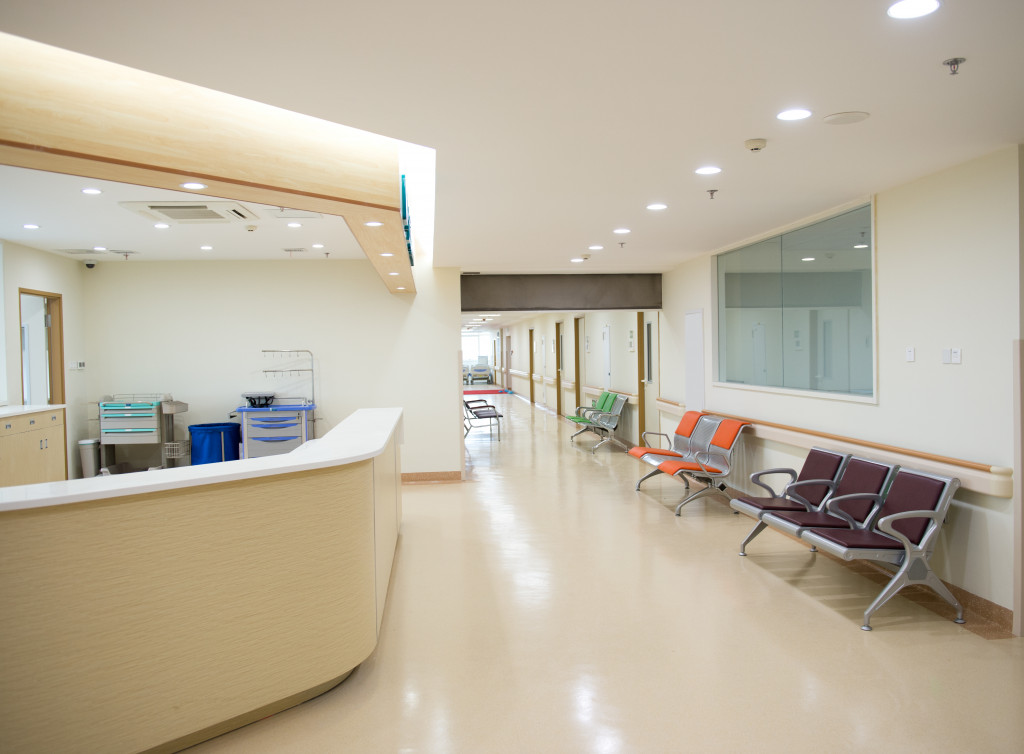Healthcare facilities are under great pressure these days to provide quality care while also managing costs. With the world still feeling the effects of the aftermath of a global pandemic, this pressure has only increased. Many healthcare facility managers are facing new challenges and are looking for ways to improve the management of their facilities.
To meet these challenges, healthcare facility managers must have a clear understanding of the basics of effective management. However, with the vast array of responsibilities that come with the job, it can be easy to lose sight of the forest for the trees, so to speak. To help you out, we’ve compiled a list of some essential tips for managing a healthcare facility effectively.
Be on Top of Building Maintenance
As anyone in healthcare facility management knows, maintaining a safe and clean environment is of the utmost importance. This includes ensuring that all building maintenance is up to date. From painting and repairs to maintain your facilities’ electrical layout, it is essential that you stay on top of everything to avoid any potential safety hazards.
Building maintenance is especially important because hospital electrical design is constantly changing as new medical technologies are developed. For instance, ICU facilities need to be designed to accommodate the ever-changing needs of critical care patients. As such, your facility’s electrical system must be able to accommodate these changes.
Even painting the walls and repairing the flooring in your facility can impact patient care. In fact, studies have shown that patients recover more quickly in rooms with more natural light and calming colors. Consequently, you must consider how your facility’s design affects patient welfare when making any modifications.
Create and Enforce Protocols and Procedures
One of the most important aspects of maintaining a healthcare facility is creating and enforcing protocols and procedures. These help ensure that all healthcare team members adhere to the same standards of care. In addition, they help to identify potential problems and hazards before they occur.
For example, if a patient falls out of bed, the protocol for staff should be clear: who should be notified, how the patient should be handled, etc. It’s equally important to train your staff on these protocols and procedures so that they know what to do in the event of an emergency.
It is also important to review your protocols and procedures on a regular basis to ensure that they are still relevant and effective. The healthcare industry is ever-changing, and what may have been appropriate at one time may no longer be the case. It is critical to keep up with the latest developments in the industry so that you can make necessary modifications. Failing to adapt to these changes can put your patients at risk.

Maintain Good Communication
Effective communication is essential in any workplace, but it is especially important in a healthcare facility. With so many moving parts, it is crucial that everyone is on the same page to avoid potential errors.
One of the best ways to ensure good communication is to invest in a quality healthcare facility management software system. This type of system can help you to keep track of patients, staff, and resources. In addition, it can help you to communicate important information quickly and efficiently.
When choosing a healthcare facility management software system, select one that is user-friendly and has all the features you need. You should also consider how easily it can be integrated into your existing systems.
Implement Quality Control Measures
Quality control is a process used to ensure that a product or service meets certain standards of quality. In the healthcare industry, quality control measures are essential to protect patients from harm and ensure that they receive the best possible care. There are many steps involved in quality control, from setting standards to testing products and services to ensuring that those standards are met. Quality control is important at every stage of the healthcare process, from the initial consultation to the final discharge.
Implementing quality control measures can help you improve your facility’s overall quality of care. In addition, it can help to reduce costs and improve patient satisfaction. It might feel like added work in the short term, but the long-term benefits are well worth the effort.
Bottom Line
Maintaining a healthcare facility can be challenging, but it is essential to ensure that patients receive the best possible care. In order to maintain a healthcare facility, you must create and enforce protocols and procedures, maintain good communication, and implement quality control measures. These are just a few of the many steps involved in managing a healthcare facility. By following these tips, you can help to ensure that your patients receive the highest level of care.



